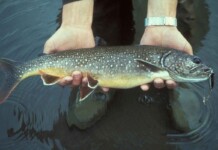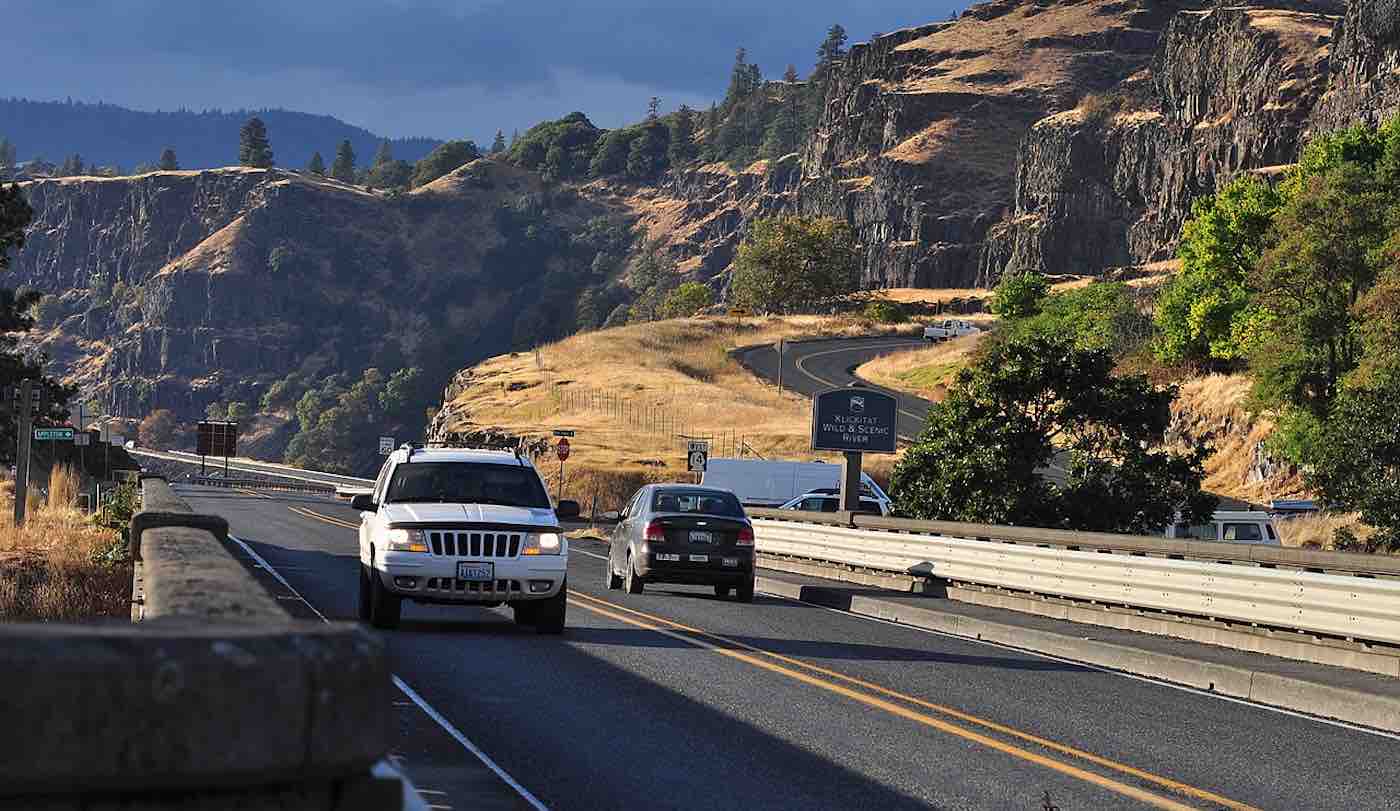The state of Washington is moving swiftly to spark a clean transportation revolution which will target the state’s biggest source of carbon emissions—gasoline-powered engines.
This week, the Senate voted 26-23 to pass SB 5811, a bill that would enable Washington to join the national Zero Emissions Vehicle (ZEV) program.
Eleven states currently participate in the ZEV program, which requires that a minimum percentage of the passenger vehicles supplied by automakers be electric. By putting the responsibility on automakers to make more electric vehicles available, the program tries to avoid fiscal impact on taxpayers.
The ZEV program has proven to decrease the cost of electric vehicles to purchase or lease, while increasing the selection of available. If passed, the bill would enable the state to join the ZEV Program, which requires that about 6% of all new cars stocked at dealerships be electric by 2022—the first year the measure could go into full effect. Automakers that do not meet the threshold would need to buy credits from another automaker or pay a penalty.
Last year, ZEV legislation passed the Senate, but stalled in the House, in the Environment and Energy Committee chaired by Representative Joe Fitzgibbon. This year, however, Representative Fitzgibbon affirmed his strong commitment to passing the bill—and joining California, Colorado, Connecticut, Maine, Maryland, Massachusetts, New Jersey, New York, Oregon, Rhode Island, and Vermont.
A diverse coalition of more than 40 organizations also support the bill, including the state’s leading environmental organizations, the International Brotherhood of Electrical Workers, the American Lung Association, Tesla, and ChargePoint.
Additionally, the House Transportation Committee is set to schedule a hearing on a bill that would require all new vehicles sold in Washington State to be electric starting in 2030 (HB 2515).
HB 2515, sponsored by Representative Nicole Macri and co-sponsored by Fitzgibbon and five other legislators, is patterned on vehicle electrification policies announced by approximately 15 countries. It requires all model-year 2030 or later passenger vehicles sold in Washington state to be electric. People could keep, sell, and purchase model-year 2029 and prior gasoline vehicles without restriction. Emergency response vehicles and vehicles over 10,000 pounds, such as farm equipment, would be exempt.
RELATED: Rather Than Polluting Icy Roadsides With Salt, Scientists Use Recycled Biowaste From Fruit
“Switching to local electricity to power our cars will improve our air quality, save the residents of Washington billions of dollars in fuel and maintenance costs, boost our economy, and create jobs,” said bill sponsor Macri.
Bill supporters say the legislation will incentivize private-sector investment in new EVs and charging stations, without imposing significant additional burdens on the state budget or the taxpayers.
Drive The Good News Over To Your Friends By Sharing It To Social Media – File photo by Joe Mabel, CC




















